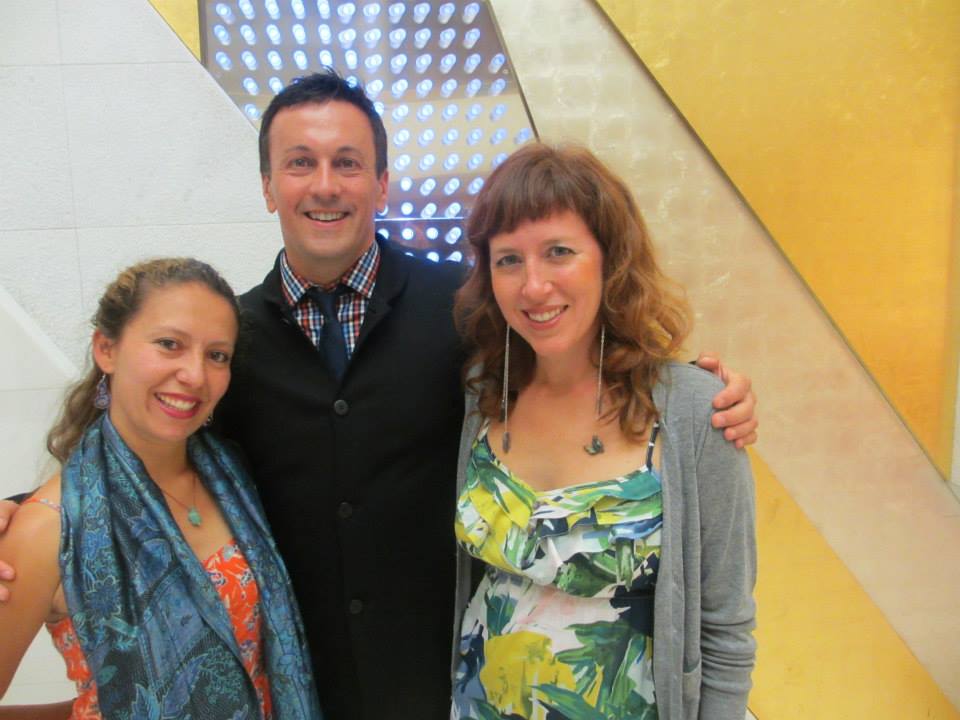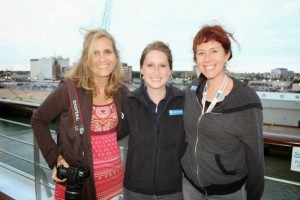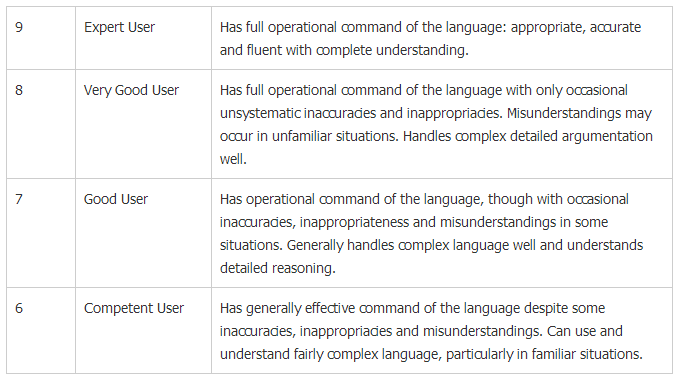Where we fall short: re-entry programming for study abroad students
“We are kidding ourselves into thinking a one-time meeting one month after programme is sufficient in supporting students’ needs during their return processes”
Supporting students during a period of study abroad is a topic that’s widely discussed, but equally important is continuing to support them after they have returned, writes Megan Lee, an international educator, traveller and writer and former Study Abroad Director for GoOverseas. Megan currently leads study abroad programmes in Asia, the South Pacific, and Africa. Chat all things #intled with her on Twitter @peglegmeg.
While working as the Study Abroad Director at GoOverseas.com, I observed a range of activities designed to serve returnee study abroad students, from providers, non-profits, and universities alike. Tweet ups, meet ups, photo contests, review outreach. While some outstanding programming stands out, such as the Lessons From Abroad conferences in the United States, let’s face it: overall, we fall short in our offerings for students.
We have watered down our post-programme correspondence to scavenge for more photos, reviews, or collect campus volunteers for reaching potential students (“Ambassador” programmes). We have taken students’ genuine fire for study abroad, living a passion-inspired life, and willingness to contribute to a cause they believe in, and morphed them into our nationwide marketing army.
It’s important that our field recalibrates our approach to reentry programming. We need to make good on our commitment to encouraging student growth, and prioritise students’ needs before we fulfil our organisation’s needs.
4 Simple Ideas to Strengthen Your Re-Entry Programming
Instead of jumping ship when students really need you most, here are some easy, no-fuss ideas to better serve your students with integrity:
1. Offer open office hours
Let students come to you when they are struggling, feeling off, or just need to talk. Avoid the bureaucratic nonsense of making appointments and meetings before they can reach you. Sometimes students just need a friend who ‘gets it’.
2. Check in with students periodically after programme
We are kidding ourselves into thinking a one-time meeting one month after programme is sufficient in supporting students’ needs during their return processes. It is our duty to also check in with students three months, six months, and one year after programme.
Challenge students in these conversations. Don’t simply ask how they are doing or stick to surface-level chit chat. Tell them to demonstrate how their experience abroad has had a real, tangible impact on their life in their home communities.
3. It starts with relationships
Advisors need to make a conscious effort to have individualised attention for each student. Once you gain a student’s trust, you will be able to speak more comfortably and openly. When providing mentorship to students you have a personal relationship with, you will eventually have a greater overall impact.
Advisors need to more confidently own their roles as mentors, and play an active role in students’ lives beyond logistically organising their semester abroad and helping them choose a programme.
4. The internet is your friend
Do you have alumni around the country or around the world? Why not reconnect with students by using technology they are accustomed to in a manner they enjoy? Fire up that webcam and connect creatively with your past students in a monthly webinar, or leverage social media to build online communities that always available for students to tap into.
No Excuses!
As a field staff educator, I now recognise how difficult it is to stay engaged with a student post-programme. Before, I would think, “How hard is it to offer X, Y, Z to a student?” And now, from the opposite end, I totally understand how these aftermath tasks get pushed to the bottom of the priority list, and how your focus quickly shifts to the next group of students preparing for their trip abroad.
I have heard multiple international educators say “Students aren’t interested in return programming unless there’s something in it for them,” or “We organise a great big event and only 20 students show up,” or “Our students clearly don’t experience reverse culture shock very strongly.”
To all that I say a big. fat. “PHOOEY.”
It is too easy an out for us, as educators, to allow these menial excuses to keep us from doing better; from solving the problem more creatively; from providing better support to returnee students (you know, the kind that allows them to flourish as global citizens upon their return).
Get Excited!
I get really excited thinking about working with students before, and especially after, their study abroad programme. While interacting with students directly during their time abroad is meaningful, I realise now it is the easy part. Completing the programme abroad is the easy part.
The hard part is when students return to where they started and are challenged to maintain their fresh perspectives borne abroad. The hard part is when students feel isolated, disempowered, and tempted to return to their old ways. The hard part is when students lose their footing and succumb to the pressures of their home communities.
The hard part is where we come in!
Let’s step it up as a field to ensure our students have the support necessary in their life after study abroad. What programme offerings are successful in your office, and what other weak areas exist that we can be doing better in?






